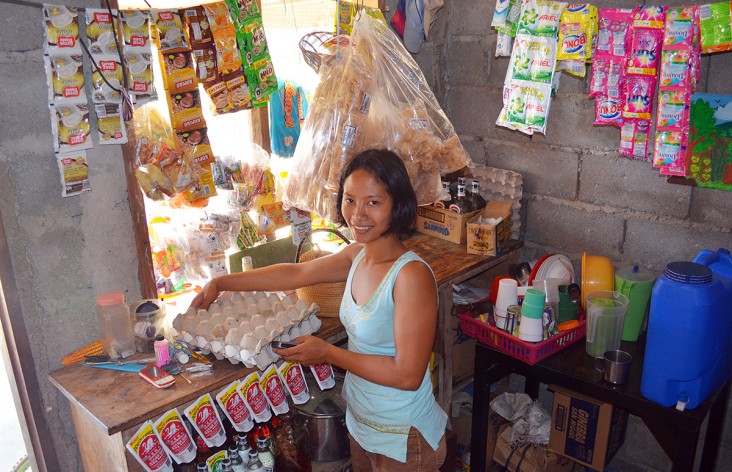
In November 2011, the Government of the Philippines and the United States Government agreed to a new Partnership for Growth (PFG) to address the binding constraints to economic growth and development in the Philippines. Established by President Obama, the PFG is a “whole-of-government” effort to unlock the growth potential of partner countries to become the next generation of emerging markets.
The Philippines is one of just four countries selected to join the PFG. The U.S. Government’s partnership with the Philippines supports the priorities of the Philippine Development Plan to achieve inclusive and resilient economic growth. It supports institutional reform at the national and local levels to mobilize domestic and foreign investment.
In support of the PFG, USAID economic growth assistance:
Focuses on promoting investment, trade, and private sector growth and on improving fiscal performance.
- Supports enhancement of the trade and investment environment, greater competition, expansion of priority sectors such as tourism, manufacturing, and agribusiness, infrastructure development, small and medium enterprise finance, accelerating the shift to electronic payments, and improved fiscal policy and management.
- Provides technical assistance that focuses on areas such as reforming policies, regulations and administrative practices affecting international trade and investment; reducing the cost of doing business; lowering barriers to entry and improving overall competitiveness.
- Assists the Philippines in meeting its international commitments to promote trade policy reform. It is supporting customs modernization and full implementation of the National Single Window.
- Works with the Philippine public and private sectors to improve the country’s infrastructure in an effort to lower logistics costs that inhibit trade and commerce and helps promote private sector investment in key national infrastructure projects.
Cities Development Initiative
USAID is helping to strengthen the economic competitiveness of second tier cities through a coordinated and integrated set of activities aimed at:
- Increasing local capacity to manage urbanization and growth
- Enhancing the enabling environment for local enterprise development
- Improving the connectivity between urban and surrounding rural areas.
USAID is helping to improve the capacity of secondary cities to become engines of growth by:
- Fostering an open and competitive business climate
- Facilitating investments in high-value industry clusters
- Developing human capital
- Promoting industry-academia linkages
- Ensuring urban environmental resiliency








Comment
Make a general inquiry or suggest an improvement.